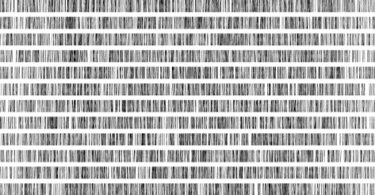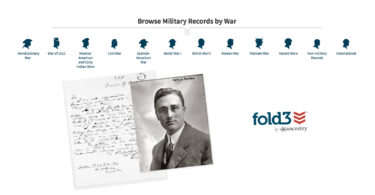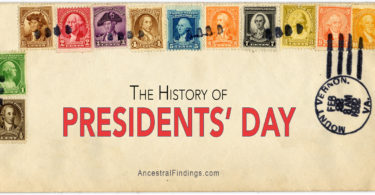Another excellent book to put into your personal genealogy library is The Family Tree Problem Solver: Tried-and-True Tactics for Tracing Elusive Ancestors. This book, by Marsha Hoffman, published in 2019, is a terrific way for beginning to mid-level genealogists to find their way seamlessly around that first frustrating brick wall they find in their research. Every genealogist is virtually certain to come across a brick wall at some point in their research, but it is most frustrating for those who don’t yet have the skills to find their way around it (or sometimes even to begin to make a plan for how to get around it). This book gets you there.
In fact, you might look back on it one day and realized it saved the day for you on one or more family lines, and even gave you the confidence you needed to keep going as a genealogist instead of throwing your hands up in defeat at that brick wall. This book is a top-notch brick wall breaker for beginners to the world of genealogy.

When you encounter that first brick wall in your research, you will be happy to have this book on hand. If you’ve encountered the wall and don’t yet have this book, get it. It has the answers you seek. You’ll be glad to have it in your personal library.
The amazing things you will find inside this book include:
- Ways to work around the absence of records. Sometimes, the records you need simply aren’t there, usually because they’ve been destroyed or lost along the decades or centuries. The absence of records doesn’t mean you will never find the answers you seek. You just have to know where to look for alternatives. This book shows you.
- Methods of differentiating between ancestors with common names. It’s easy to get confused when dealing with the same or similar names in a family, be it in one generation or a century’s worth of them. This book shows you how to untangle those names from one another and keep the people they belong to in their proper places on your family tree.
- Places where you can look for vital records before they became legal requirements. Just because the law didn’t mandate birth, death, and marriage records be recorded with a government agency in the area doesn’t mean you can’t find their equivalent in some other place. This book shows you where to look for them.
- Is your ancestor missing from a census they should be in? This book shows you where to find them (and shows you that they may not be missing in the census at all).
- Do you hate it that only heads of households were included in the names on pre-1850 census records? This book shows you how to find who else lived in a house before that.
In addition to these wonderful things, this book also shows you how to analyze your brick wall issue and design a research plan for getting around it. It also includes a glossary of helpful genealogy words, as well as case studies to assist you in putting the advice in the book into action.





